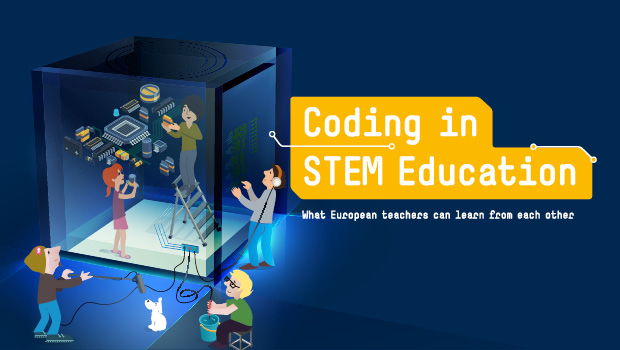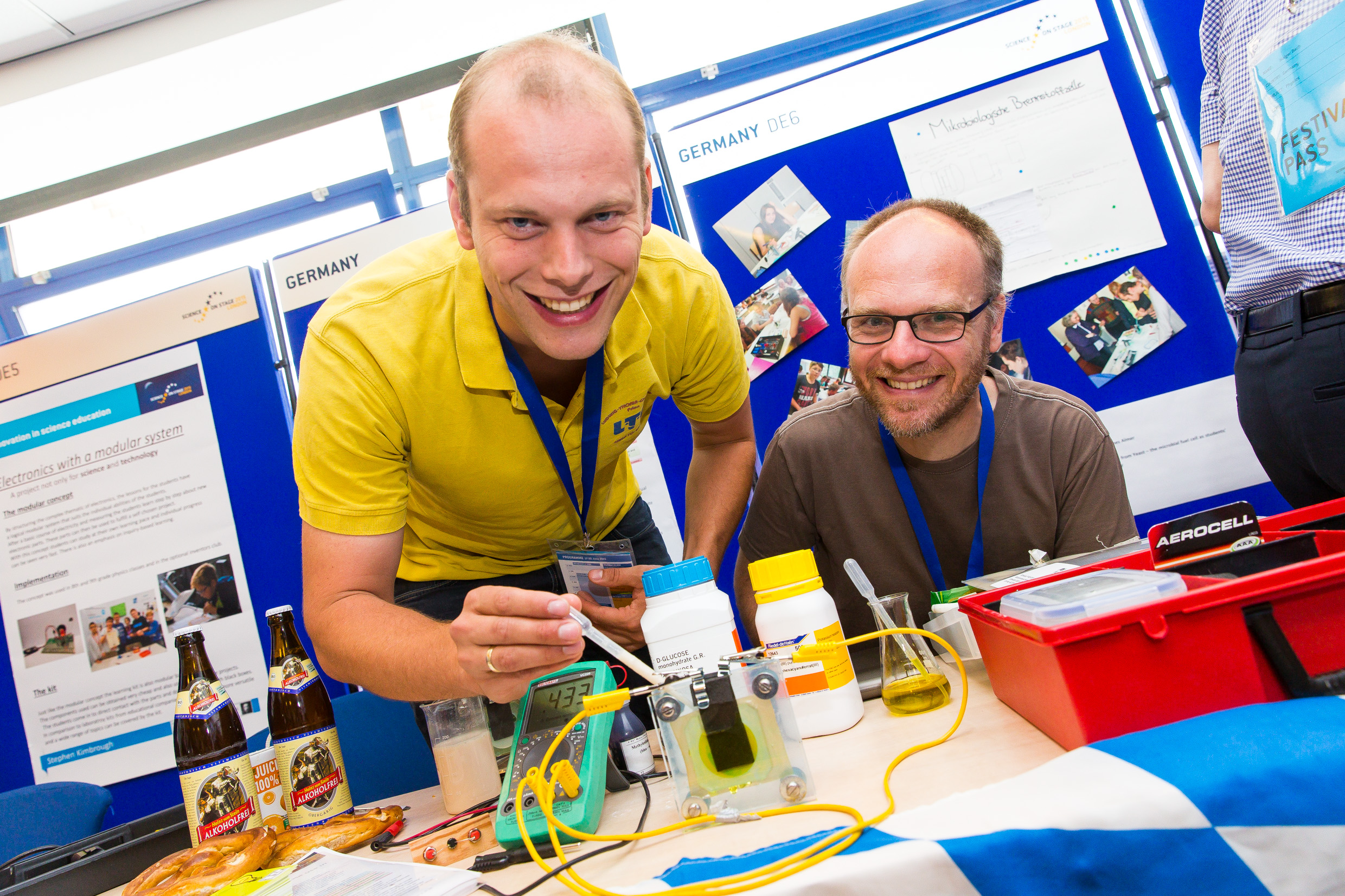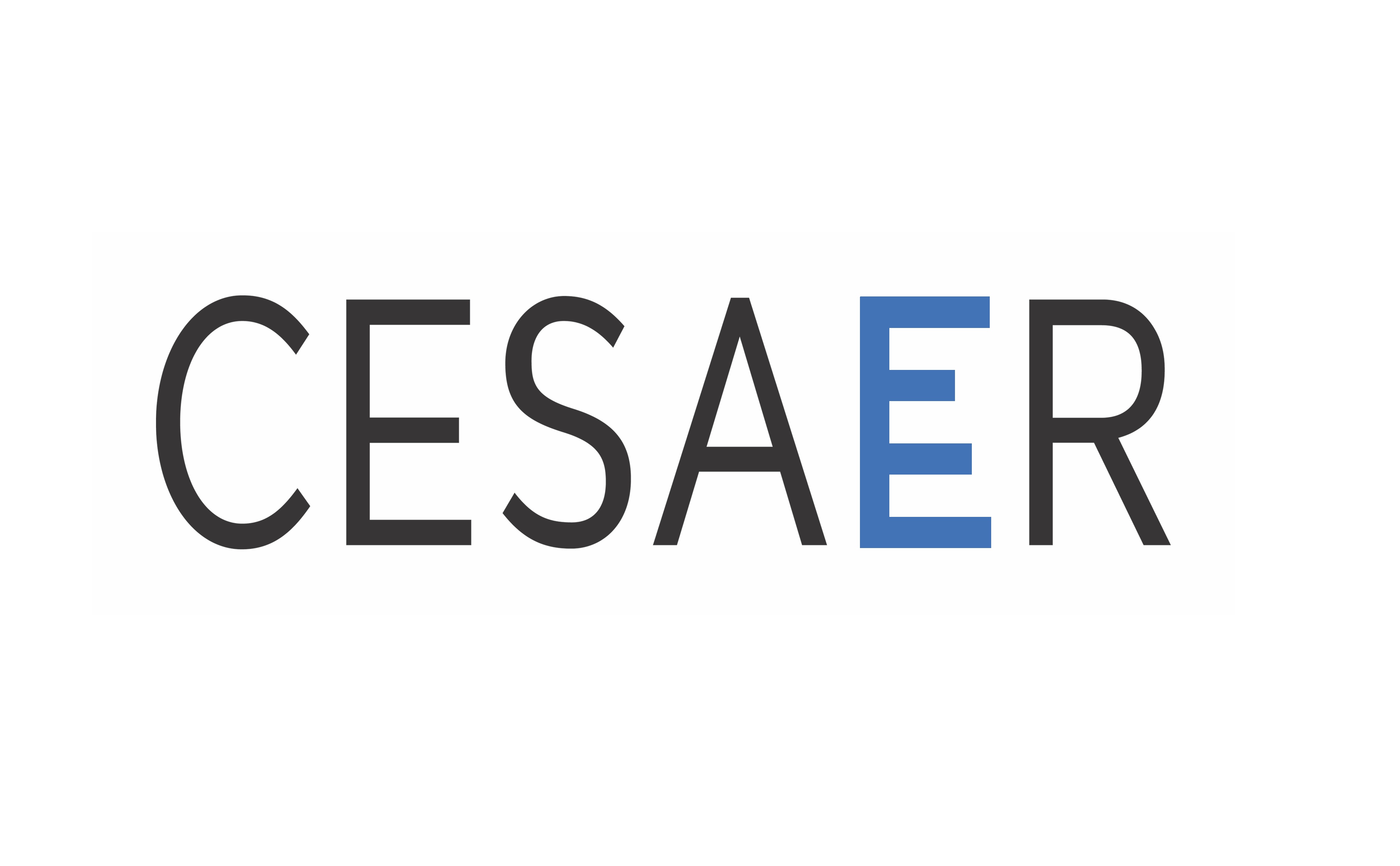Children and youths may find many opportunities to gain programming skills outside school but they often look in vain for digital challenges in the classroom. The reason may be that their teacher does not know how to code. Therefore, Science on Stage and SAP SE are supporting educators of all school levels with the new teaching brochure ‘Coding in STEM Education’. Developed from teachers for teachers, the material offers concrete ideas and concepts about how to implement coding in science lessons. Acquiring this 21st century key competence enables young people to create digital content and shape their surroundings. The publication was presented last Friday at SAP Austria in Vienna.
"Many teachers are afraid of coding as they have only little programming knowledge. With our brochure we want to make it easier for them to get started and show that you do not have to be an IT expert to realise great projects in STEM classes with microcontrollers like Arduino and Raspberry Pi," says project main coordinator Dr Jörg Gutschank.
For nearly two years, 23 teachers from seven European countries worked together on ‘Coding in STEM Education’. With simple tasks and practical advice for implementation, STEM teachers will develop their programming skills. Together with their students, they can build a robot to clean water reservoirs, program an automatic plant watering system or develop a glove for temperature measurements. Teachers and students alike are motivated by a quick sense of achievement and by improving their coding skills.
The project ‘Coding in STEM Education’ was proudly supported by SAP SE. The promotion of digital skills of children and young people is very important to the software company:
"Around 65 percent of children who start primary school today will work in professions that do not even exist yet. Teachers play a key role in preparing them for this future. By supporting projects such as ‘Coding in STEM Education’ we support the educators to equip their students with the necessary digital and technical skills," says Michael Kleinemeier, member of the Executive Board of SAP SE.
The publication of the brochure marks the start of a new collaboration project of Science on Stage and SAP SE. In the ‘European Code League’, teachers and their students are invited to develop innovative coding projects. The publication serves as inspiration and is available for free in German and English. Further language versions will follow.








